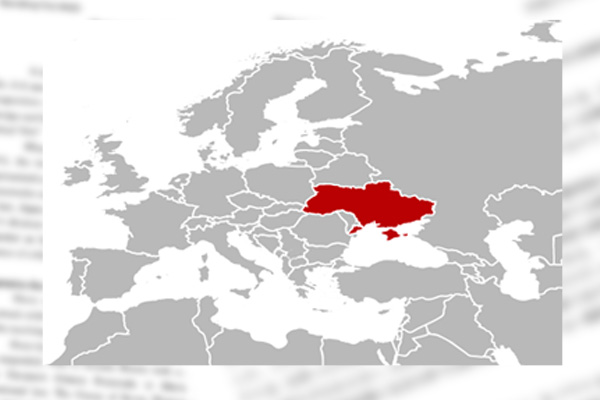The world is breathlessly watching whether Russian troops would invade Ukraine, wondering how large the potential war would be. Be that as it may, the United States’ and major European countries’ responses to the crisis have led me to believe that their differences over the Western bloc’s defense arrangements might emerge over a medium to long term and the Atlantic alliance or the North Atlantic Treaty Organization itself might be destined to change.
Britain, France and Germany walking different roads
French President Emmanuel Macron has performed particularly conspicuous activities during the Ukraine crisis. He has reiterated the need for enhancing European sovereignty. At a press conference on December 9 before France assumed the European Union presidency for the first half of 2022, Macron said he wanted to use France’s EU presidency to “make Europe powerful in the world, fully sovereign, free of its choices and master of its destiny." While seeking to make Europe strong in various fields, Macron, who has criticized NATO as “brain dead,” especially emphasizes the necessity of increasing European military spending to enhance Europe’s presence in NATO.
Germany has made clearer its resistance to military measures in connection with the Ukraine crisis. The fact that the largest European economic power has refused to provide weapons to Ukraine but decided to send 5,000 defense helmets tells the whole story. Germany has exported weapons to Egypt and other countries free from Nazi Germany’s invasion, leading many people to view Germany as double-faced. German Chancellor Olaf Scholz has reluctantly accepted U.S. President Joe Biden’s request to suspend the operation of the Nord Stream 2 pipeline that delivers Russian natural gas to Europe via the Baltic Sea bed as part of Western sanctions against Russia. Germany is also negative about Macron’s initiative to enhance European sovereignty and vigilant about possible revival of former French President Charles de Gaulle’s Gaullism that advocated France’s glory to counter the U.S.-led postwar international order.
Britain, Germany and France had traditionally played key roles in Europe. But good Franco-German relations seen during the era of former German Chancellor Angela Merkel have been eclipsed. Britain, though not opposing the enhancement of Europe, has traditionally given priority to its “special relationship” with the United States. With the Brexit and growing interest in Asia, Britain has difficulties in playing a role of unifying Europe.
Nightmare of Trump’s return
President Biden’s active commitment to Europe as compared to his predecessor Donald Trump is not only a natural response to an emergency in which Russian troops have massed near Ukraine but also a signal to China that could invade Taiwan. In the United States, not a small number of people think the Trump presidency may come back as the result of the 2024 election. The Europeans remember how cool Trump’s view about Europe was.
Will we see a collapse of global defense arrangements built under the U.S. leadership after World War II? Will Japan become a Germany in Asia? Policymakers should seriously think out these questions.
Tadae Takubo is Vice President, Japan Institute for National Fundamentals, and a professor emeritus at Kyorin University.


